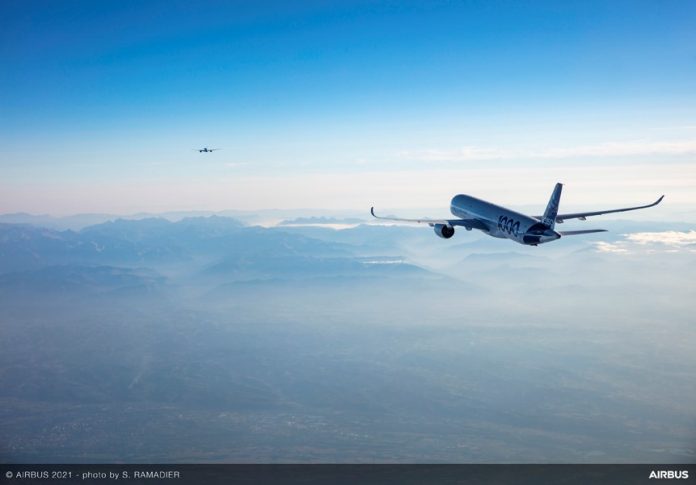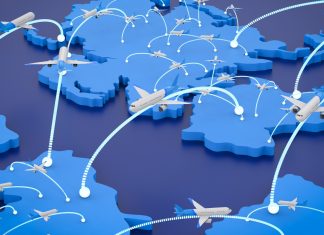There are questions over whether the rebound in demand expected this summer will extend into winter.
“What we see is that the recovery is coming quite fast after omicron,” added Gaute Risse, VP of traffic development for Norwegian airport operator Avinor. But Risse cautioned: “I don’t think you can read the market as what you see now. When we get past the summer, how is demand in September and beyond? Definitely, the summer traffic can be at 2019 levels and maybe above, but it will be interesting to see what happens next.”
Istanbul Airport VP Majid Kahn said the Turkish hub’s “first priority is to restore capacity by 2023.” He noted the airport handled 53% of 2019 traffic levels in 2021. “This year we expect 80%, and above 100% for the summer,” he explained.
SEA Milan Airports VP Andrea Tucci wondered aloud whether the capacity being put back into markets by airlines will be profitable. “Will it represent a profit or a loss?” he asked, adding that the summer is a poor barometer of overall demand levels.
“We will have a clearer picture in October when we approach the winter,” Tucci said. “Will airlines have enough confidence to invest in Milan in the winter?”
AirBaltic senior VP of network management Wolfgang Reuss said external shocks can complicate an airline’s recovery from the COVID-19 pandemic, pointing to Russia’s invasion of Ukraine, which has greatly affected airlines in Eastern Europe.
“It’s a mixed experience for us,” he explained. “For us, [the war in Ukraine] has a much bigger impact [compared to Western European airlines]. We cannot deny there is a slowing-of-demand effect.”
AirBaltic has been cut off from Russian markets that were, according to Reuss, important to the airline. And passengers are reluctant to fly to Eastern Europe, he added: “We see a slowdown of traffic coming into the Baltic states.”
























